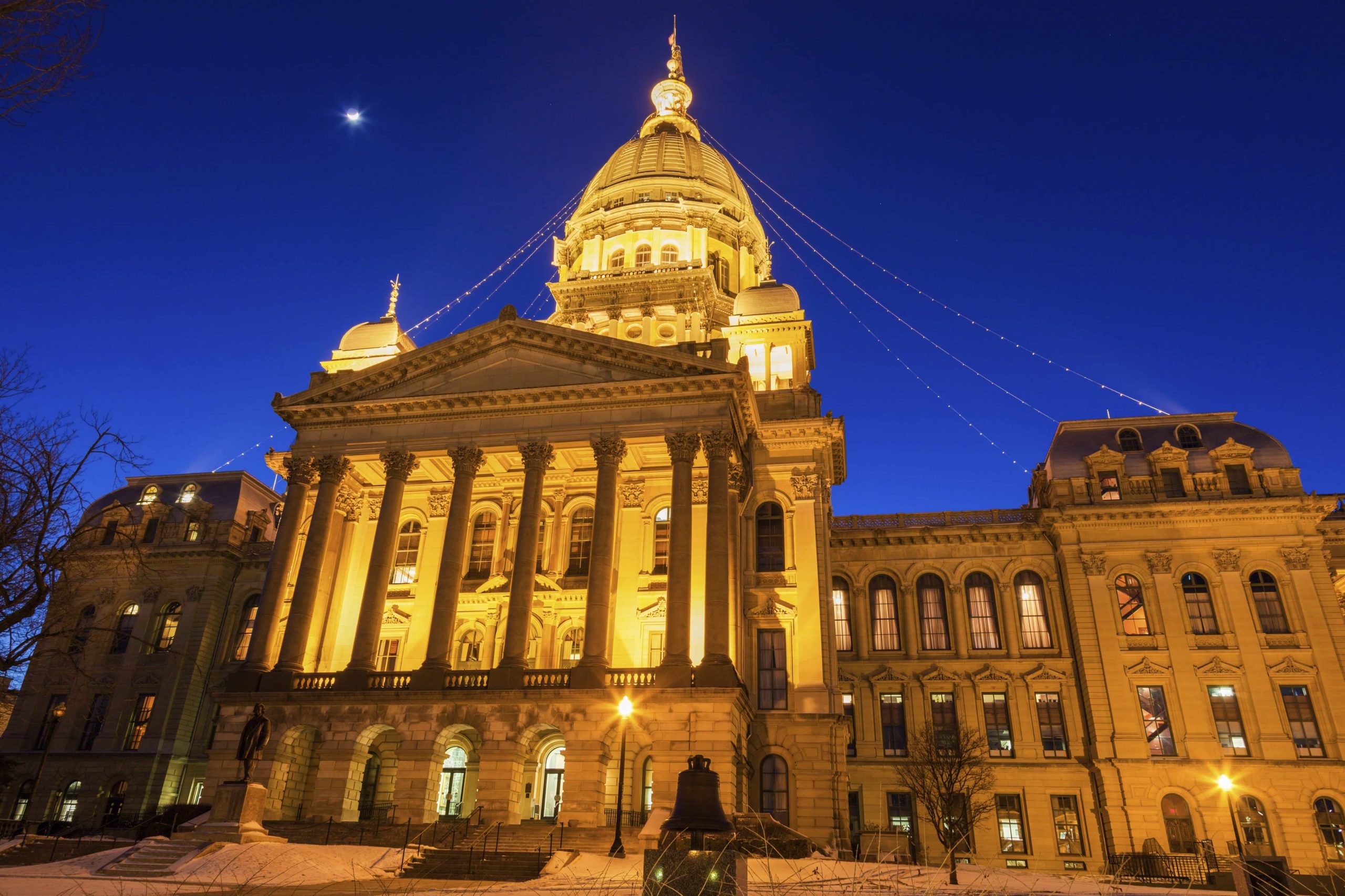On Friday, Governor J.B Pritzker signed Illinois’ gambling expansion bill into law, making Illinois the fifth state to legalize sports betting in 2019.
The gambling expansion bill, SB 690, was approved by the legislature on 2 June after the House and Senate voted in favor of the bill.
Shortly after Pritzker signed the bill into law, the American Gaming Association (AGA) issued a statement on the news.
Bill Miller, President and CEO of the AGA, said: “Today, Illinois became the 17th US jurisdiction to legalize sports betting, joining a growing number of states that have taken action since the Supreme Court deemed PASPA unconstitutional last year.
“As the state rolls out its sports betting framework, it’s critical that Illinois sports teams and other newcomers to the gaming business follow the lead of the state’s licensed gaming operators in advancing responsible gaming practices that ensure protections for consumers, bets and game integrity.”
Gambling expansion in Illinois
Now that the legislation has received final approval Illinois can begin preparing to expand its gambling industry.
As well as legalizing sports betting, the bill allows for the launch of six new land-based casinos and a large casino venue in Chicago.
The bill also authorizes the roll-out of slot machines at various racetracks and the O’Hare and Midway airports.
SB 690 was one of four bills signed by Pritzker as part of the Rebuild Illinois capital plan. The capital plan aims to generate $45bn in state revenue which will go towards roads, railways, bridges, universities, early childhood centers and other state departments over the next six years.
Sports betting details
With the passage of the bill, sports betting at land-based casinos, racetracks and online is now legal.
Once regulations are finalized, the Illinois Gaming Board will be able to issue six different types of sports betting licenses: a master sports wagering license, supplier license, management services provider license, occupational license, central system provider license and a tier two official league data provider license.
Master licenses cover land-based and online sports betting and will last four years and can be renewed for an additional four years for $1m. The fee for a master license will be set at 5% of the license holders total sports betting handle from the upcoming calendar year up to a maximum of $10m.
Master license holders will be subject to a tax rate of 15% on adjusted gross sports betting receipts.
Similar to Tennessee, operators in the state will be required to use official league data.
The bill also prohibits wagering on collegiate sporting events that are held in the state. The sports leagues will also have the ability to place restrictions on certain types of bets in the state.
While the bill legalizes online and mobile sports wagering, online-only operators such as DraftKings and FanDuel must wait 18 months until they can serve the state.
In May, the billionaire owner of Rivers Casino, Neil Bluhm, asked lawmakers to create a “penalty box” for DraftKings and FanDuel as he believed the companies were operating their daily fantasy sports service in the state illegally.
Elsewhere in the US
Illinois will now join Montana, Iowa, Indiana and Tennessee, the four other states to legalize sports betting in 2019.
A launch date has yet to be set for sports betting in Illinois, but the activity is likely to be available in time for the 2020 Super Bowl.
Iowa and Indiana, on the other hand, have indicated that they will have sports betting in time for the 2019 football season.
Elsewhere in the US, lawmakers in Maine have approved a bill that will allow online and mobile betting. However, unlike other states with legal betting, Maine won’t force online-only operators to tether to land-based operators.







